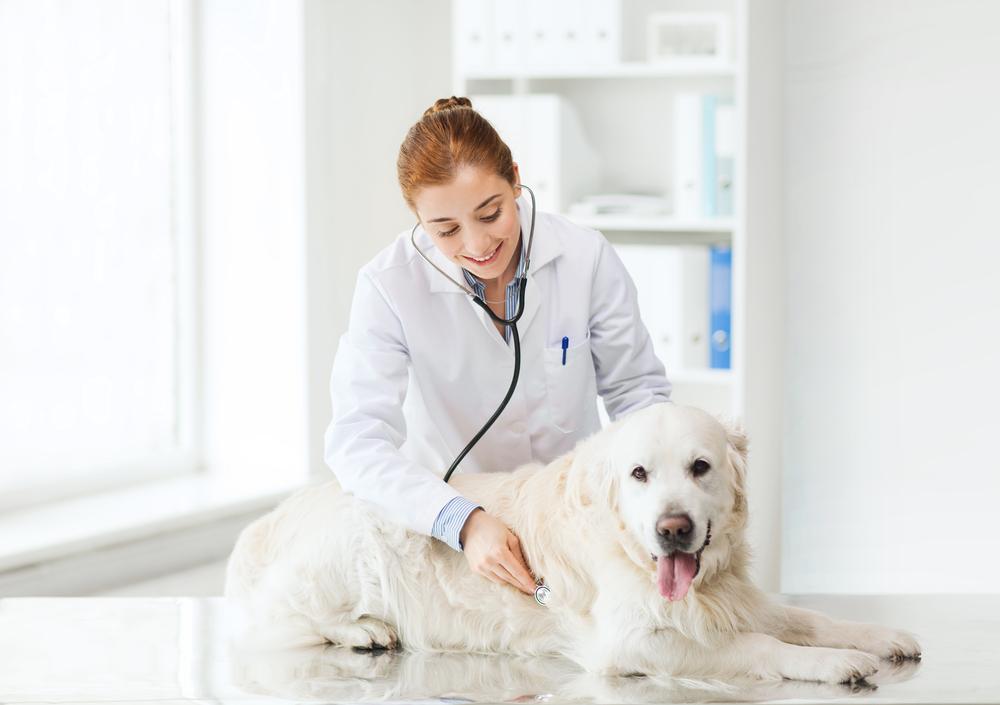
Signs that Your Pet Might have a Food Allergy
Pet stores are rife with the best cat and dog foods, each claiming to be the healthiest source of nutrition for your beloved pet. Just like humans, even pets develop a penchant for a certain flavor and will choose a particular brand over the other. You can definitely infer whether your pet liked the premium food you brought; they will dig into the food bowl with great gusto or you’ll find them making distasteful faces when they attempt to chew the food, just like you do. The human and pet world are more alike than we think; what might appease to your pet’s taste buds might not always be good for its health.
Whether it is dog food or cat food, the ingredients include certain items that your pet can develop an allergy to. Food allergies are quite common in pets as they might be sensitive to the particular ingredient used in the food. Food allergy can be fatal if you do not seek timely medical attention. So, it is essential that you decipher certain symptoms of food allergy in dogs and cats.
The common symptoms of food allergy in pets are as follows:
Chronic ear infections: Both cats and dogs will display this symptom if they are allergic to certain ingredients in the pet food. If your pet has frequent ear infections which require more regular treatment every year, it is a glaring sign that your poor pet is suffering from a food allergy. Though pets are prone to yeast infections, ear mites, and swimmer’s ear infection, if the ear infection persists throughout the ear, it is imperative that you rush your pet to the vet before it suffers from severe symptoms.
Itchy skin and dull coat: Just like hives appear on our skin when we eat something that we are allergic to, even our pets suffer from similar symptoms. The skin underneath the fur might become red or pink which suggests that it has become dry and inflamed. Moreover, the dryness of the skin might agitate the pet, and it might start scratching the particular area which can lead to hair loss as well. So, if your pet doesn’t get any sort of relief even after giving it a bath with conditioners or over-the-counter allergy medications, you need to take it to the vet immediately as it might be suffering from a severe food allergy.
Sneezing, wheezing, or coughing: If your pet has developed a food allergy, it might start coughing, sneezing, or wheezing. The ingredients in the dog or cat food might not be compatible with your pet’s digestive system, and this might cause great distress to those poor animals. Though animals too develop cold or a cough, if it persists for a long period of time, it is sensible to visit the vet to avoid any further complications.
Watery eyes: If you feel that your pet is shedding happy tears because you finally came home, you might want to consider that these watery eyes are a result of something more serious. Food allergies can cause watery eyes and stuffy nose, and when your pet scratches their eyes too often, it can cause more strain and irritation.
Administering allergy medications that the vet prescribes helps in treating the food allergy, but you can avoid this situation in the future by making changes to your pet’s diet. For instance, gluten is what causes food allergies in pets. So, you can avoid this situation by opting for natural, grain-free pet food like EVO Herring & Salmon Dry Cat Food or Merrick Whole Earth Farms Grain Free Dog Food.


